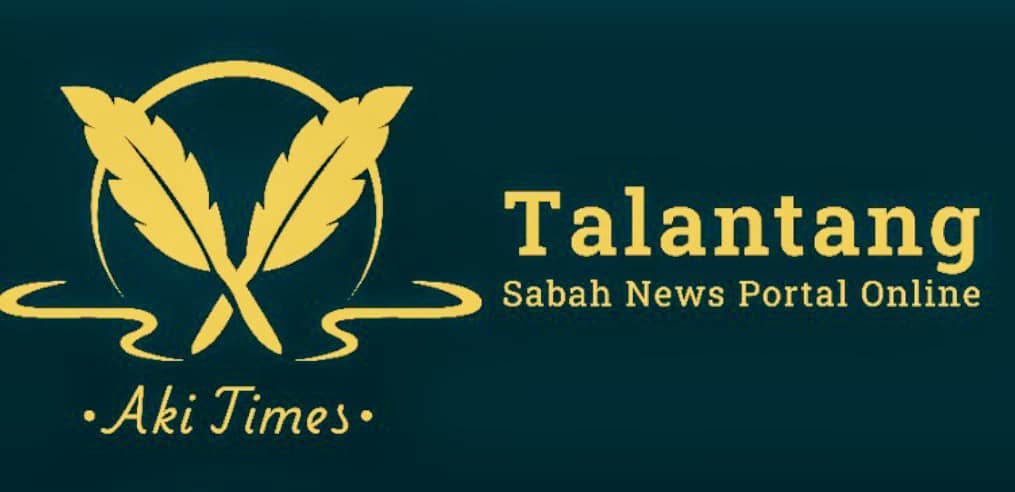“Let our ballot be a declaration that the future of Sabah will be better than the past and that the best is yet to come.”
By Datuk James Ligunjang J.P
Former State Assemblyman
THE state elections in Sabah signify a pivotal moment in the region’s political landscape, characterized by increased competition and evident divisions within society.
With over 600 candidates competing for just 73 seats in the State Assembly, this election not only highlights the fervour for representation but also underscores the complexities and fractures within the electorate.
Multiplicity of Candidates.
The vast number of candidates reflects vigorous democratic engagement, yet it also points to a fragmentation of political identities.
Each contender likely embodies different factions or interests, which may dilute the collective voice of the electorate.
This abundance of choices presents a challenge in consolidating political agendas and fostering cohesive representation of public interests.
Disunity Among Sabahans.
The electoral contest starkly illustrates deep-rooted disunity among Sabahans.
Various ethnic and political groups are pursuing divergent agendas, exacerbated by historical tensions and socio-economic disparities.
These divisions raise concerns about the assembly’s ability to effectively represent the diverse populace and forge a unified vision for Sabah’s future.
Ambitions for Power.
A concerning trend observed in this election cycle is the emphasis on personal ambition over communal needs among many candidates.
The motivations behind individual candidacies often appear questionable, as some seek power not as a means of service but for personal gain.
This focus on individual aspirations can alienate constituents and deepen the divide between elected officials and the electorate they aim to serve.
Impact on Governance.
The potential implications of a divided assembly raise serious concerns about governance stability in Sabah.
If various factions prioritize their interests over collaborative governance, it could lead to ineffective policymaking and stalled progress for the region.
This fragmentation may hinder efforts to address pressing issues affecting the lives of ordinary Sabahans.
Public Perception.
Public perceptions of the elections are mixed. While some celebrate the democratic spirit evident in robust participation, others view it as a betrayal of the ideals democracy should uphold — namely, the prioritization of the people’s welfare.
The disconnect between voters’ expectations and candidates’ motivations fosters cynicism toward the political system and undermines trust in governance.
Potential for Reform.
Despite these inherent challenges, this contested election could potentially catalyze future reform.
The heightened awareness of disunity may spur calls for increased inclusivity and cooperation in political discourse.
Recognizing the need for collective action could lead to demands for a more unified approach to governance that better reflects Sabah’s diverse demographics.
Calls for Unity.
In the aftermath of the elections, stakeholders, including civil society and community leaders, must work to bridge existing divides.
Advocating for a cohesive governance strategy that prioritizes the common good over individual ambitions will be crucial moving forward.
Building dialogue and fostering mutual understanding will be essential to creating a political environment conducive to collaboration.
The Sabah elections serve as both a testament to the vibrancy of its democracy and a reminder of the complexities that shape its political landscape.
While showcasing the democratic spirit of the people, these elections reveal profound divisions that, if unaddressed, could obstruct progress and harmony within the state.
Future efforts to encourage dialogue, understanding, and collaboration among all groups will be vital in harnessing the potential for a more unified and effective governance structure in Sabah.
To all Sabahans, the future of our beloved state is in our hands.
Let’s take tomorrow as a cooling-off period and cast our vote wisely on Saturday, November 29th, with a clear conscience.
Let our ballot be a declaration that the future of Sabah will be better than the past and that the best is yet to come.
